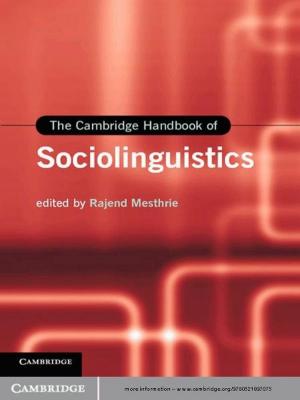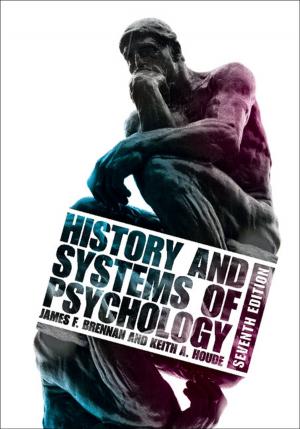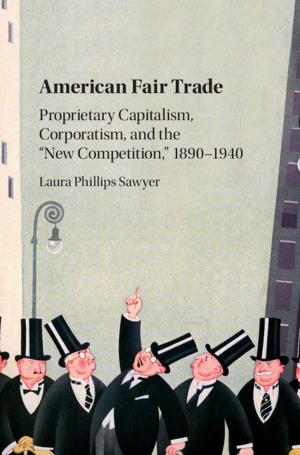U.S. Leadership, History, and Bilateral Relations in Northeast Asia
Nonfiction, Social & Cultural Studies, Political Science, International, International Relations, History| Author: | ISBN: | 9780511862045 | |
| Publisher: | Cambridge University Press | Publication: | October 21, 2010 |
| Imprint: | Cambridge University Press | Language: | English |
| Author: | |
| ISBN: | 9780511862045 |
| Publisher: | Cambridge University Press |
| Publication: | October 21, 2010 |
| Imprint: | Cambridge University Press |
| Language: | English |
Whereas most discussions of history have centered on the rift between China and Japan, this book focuses on three other divisions stemming from deep-seated memories within Northern Asia, which increasingly will test U.S. diplomacy and academic analysis. The first division involves long-suppressed Japanese and South Korean memories that are critical of U.S. behavior – concerning issues such as the atomic bombings, the Tokyo Tribunal, and the Korean War. The second division is the enduring disagreement between Japan and South Korea over history. What can the United States do to invigorate urgently needed trilateral ties? The third and most important division is the revival of a sinocentric worldview, which foretells a struggle between China and other countries concerning history, one that has already begun in China's dispute with South Korea and is likely to implicate the United States above all.
Whereas most discussions of history have centered on the rift between China and Japan, this book focuses on three other divisions stemming from deep-seated memories within Northern Asia, which increasingly will test U.S. diplomacy and academic analysis. The first division involves long-suppressed Japanese and South Korean memories that are critical of U.S. behavior – concerning issues such as the atomic bombings, the Tokyo Tribunal, and the Korean War. The second division is the enduring disagreement between Japan and South Korea over history. What can the United States do to invigorate urgently needed trilateral ties? The third and most important division is the revival of a sinocentric worldview, which foretells a struggle between China and other countries concerning history, one that has already begun in China's dispute with South Korea and is likely to implicate the United States above all.















